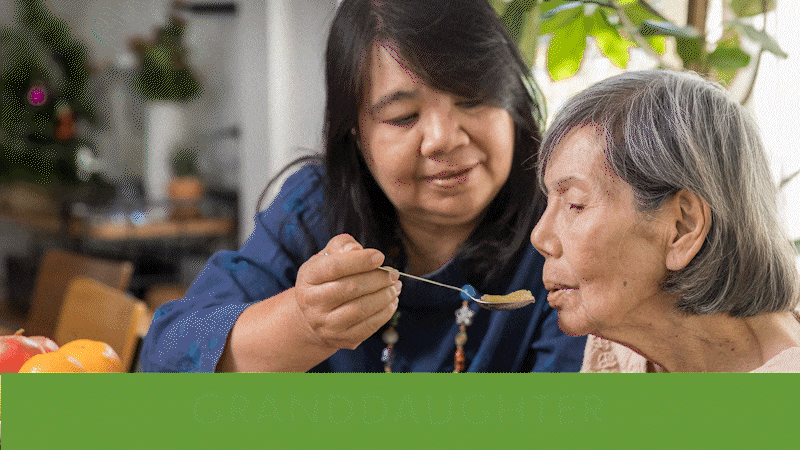What’s Involved in Wound Care for the Elderly
Mobility issues and chronic medical conditions such as diabetes or peripheral vascular disease are common among the aging population. These conditions compromise skin and cause chronic ulcers (wounds) that require medical treatment and care.
What is a Chronic Wound?
A chronic wound is any wound that remains unhealed for longer than four weeks. The most common types of chronic ulcers involve pressure ulcers, ischemic ulcers, venous ulcers, and neuropathic ulcers. The basics of chronic wound care involve keeping the wound clean to prevent infection and promote healing.
A pressure ulcer, also known as bedsore is common among the bedridden elderly and it is caused by constant pressure, friction, and moisture. It typically affects bony areas of the body such as ankles, sacrum, etc. To prevent pressure ulcers, the patient should not be left in the same position for a prolonged time. Passive exercises are needed along with regular position change. It is also vital to promptly change the wet or dirty dressing, clothing, and bedding. Also, adequate nutrition is important to maintain healthy skin.
Treatment of these types of ulcers includes recognizing the four healing stages of chronic skin breakdown: coagulation, inflammation, proliferation, and maturation. The time taken for healing depends on bout internal and external factors.
Internal factors involve aging, chronic diseases, long-term medicament therapy, and alcoholism (which weakens nutrient absorption).
External factors include repeated injuries, improper wound care, and wound infection, and persistent pressure on the wound (which prevents blood circulation).
Each of these factors may affect the immune system, making the wound more prone to infection which delays or prevents healing.
While there is a unique therapeutic goal for each of these chronic wounds, nutrition and proper wound care are a foundation for the management of chronic ulcers.
Whereas in some patients the treatment goal is complete wound healing, achieving a manageable chronic wound is an acceptable outcome in other patients.
Nearly 70 percent of all pressure ulcers occur in the aging population. As we age, our skin loses its water content, tensile strength, vascularity, subcutaneous tissue, and stability of small blood vessels. These factors compromise skin integrity and increase the risk of chronic ulcers.
How to Treat Wounds in the Elderly?
If chronic ulcers are not treated properly, wound infection may result. So, adequate knowledge and wound management are very important.
Any wound should be kept clean and monitored closely. However, chronic wounds require extra attention as these wounds take much longer to heal than would normally be expected (about 2-3 months).
Chronic wounds should be treated by a qualified health care professional. The most common treatments for chronic ulcers involve:
- Identifying and treating the underlying cause of the ulcer
- Regular cleaning of the wound
- Removing the dead tissue
- Use of antibiotics and anti-inflammatory medications
- Warming the area around the wound to increase blood flow
- Applying vacuum-assisted wound dressings (apply negative pressure to the wound to encourage healing)
- Pain management
Also, in some types of the wounds oxygen therapy has been found very helpful.
How to Recognize Wound Infection
Local signs of wound infection include:
- Swelling
- Pain
- Redness
- Warmth
- Secretion
Other, general signs of infection are:
- Fever
- Shudders
- Rapid breathing and pulse
- Nausea
- Headache
- Sickness
If you experience any of these signs, seek immediate medical attention.
